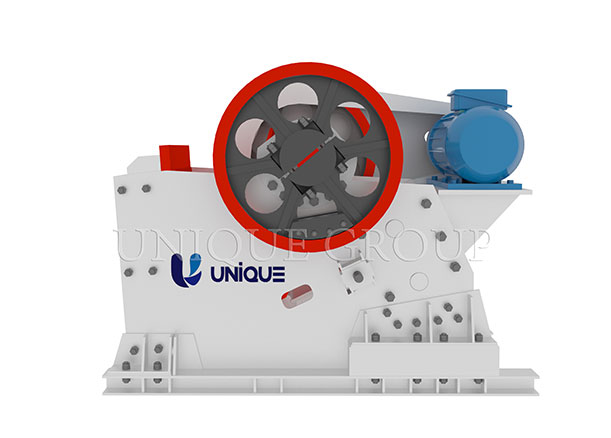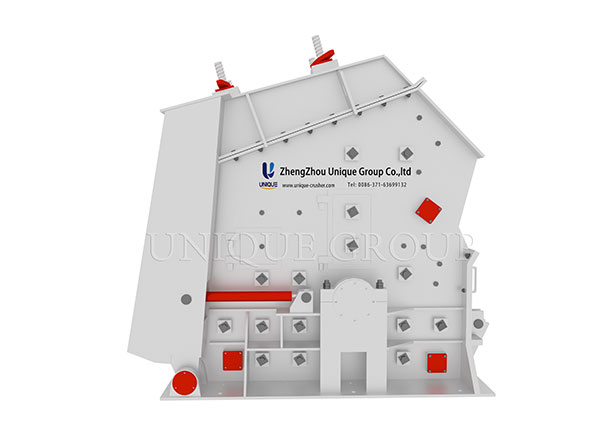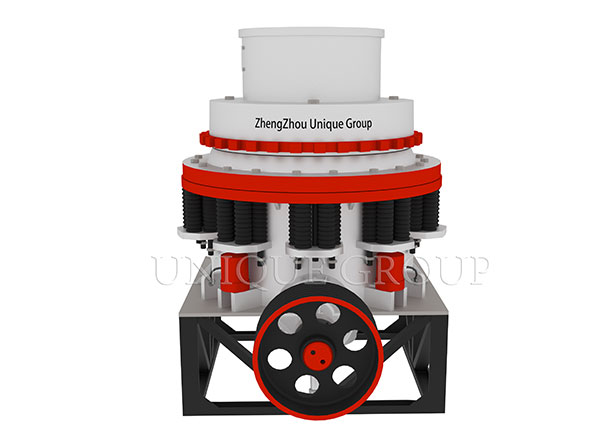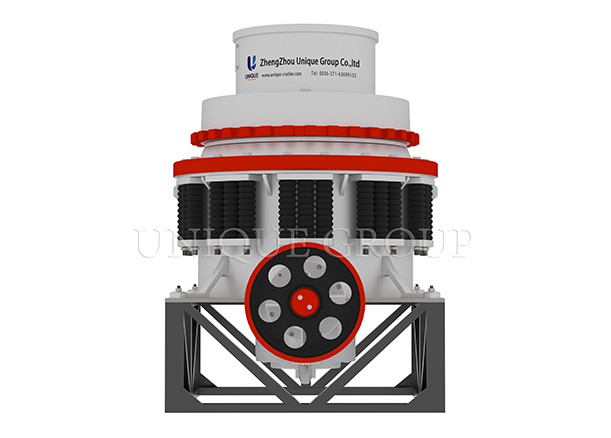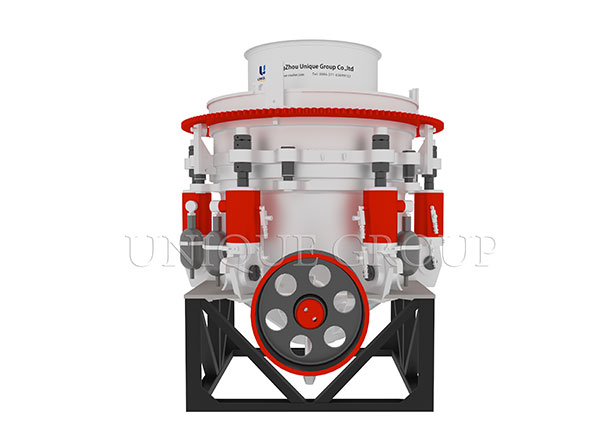Tel: +86-371-63699132
Fax: +86-371-63935058
E-mail:
sales@unique-crusher.com
Zip Code: 450008
Enhancing Operational Efficiency Through Effective Machinery Maintenance
Enhancing Operational Efficiency Through Effective Machinery Maintenance
In the realm of machinery operations, ensuring that equipment runs smoothly and efficiently is paramount. Poor maintenance practices can lead to significant downtime, increased operational costs, and even safety hazards. This article delves into the importance of effective maintenance strategies, common issues faced in machinery operations, and how to address them.
1. Importance of Regular Maintenance
Regular maintenance is essential for prolonging the lifespan of machinery and ensuring optimal performance. Effective maintenance practices can:
Prevent Unexpected Breakdowns: Scheduled maintenance helps identify potential issues before they escalate into major problems, thereby reducing unexpected downtime.
Enhance Safety: Well-maintained machinery is less likely to malfunction, which reduces the risk of accidents. Regular inspections can identify safety hazards associated with worn or damaged components.
Improve Efficiency: Regularly servicing machinery ensures that it operates at peak efficiency. This can lead to improved productivity and lower energy consumption.
Reduce Repair Costs: By addressing minor issues early, companies can avoid costly repairs that arise from neglecting routine maintenance.
2. Common Machinery Issues
Despite the best efforts in maintenance, machines may still face various issues during operation. Understanding these issues is crucial for effective troubleshooting:
Vibration and Noise: Excessive vibration or noise can indicate misalignment or wear in critical components. Addressing these symptoms promptly can prevent further damage.
Hydraulic Failures: Hydraulic systems are prone to leaks and pressure fluctuations. Regular checks of hydraulic fluids and components are essential for maintaining performance.
Electrical Problems: Electrical systems can fail due to worn-out wiring, faulty connections, or component failures. Regular inspections can help identify these issues early.
Temperature Irregularities: Overheating can result from inadequate lubrication, blockages in cooling systems, or excessive load. Monitoring temperature levels is critical to prevent equipment damage.
3. Strategies for Effective Maintenance
To mitigate the risks associated with machinery faults, implement the following strategies:
Develop a Maintenance Schedule: Create a detailed maintenance calendar that outlines regular checks, servicing, and inspections. This schedule should be adhered to strictly.
Train Personnel: Equip your team with the knowledge and skills necessary to operate machinery correctly and recognize early signs of potential issues.
Utilize Technology: Implement monitoring systems that track equipment performance in real-time. This technology can provide valuable data for predictive maintenance.
Document Maintenance Activities: Keep a comprehensive log of all maintenance activities conducted on each piece of machinery. This documentation can be invaluable for identifying patterns and planning future maintenance.
Encourage Feedback: Foster an environment where operators can report issues and suggest improvements. Their firsthand experience with the machinery can provide insights into potential problems that may not be immediately apparent.
UNIQUE GROUP's Commitment to Excellence
At UNIQUE GROUP, we prioritize the efficiency and reliability of your equipment. Our dedicated team is committed to providing expert support and customized solutions to help you navigate the complexities of machinery maintenance and ensure seamless operations.
Let’s collaborate to enhance your machinery's performance and achieve your operational goals!






 العربية
العربية Español
Español Português
Português Deutsch
Deutsch